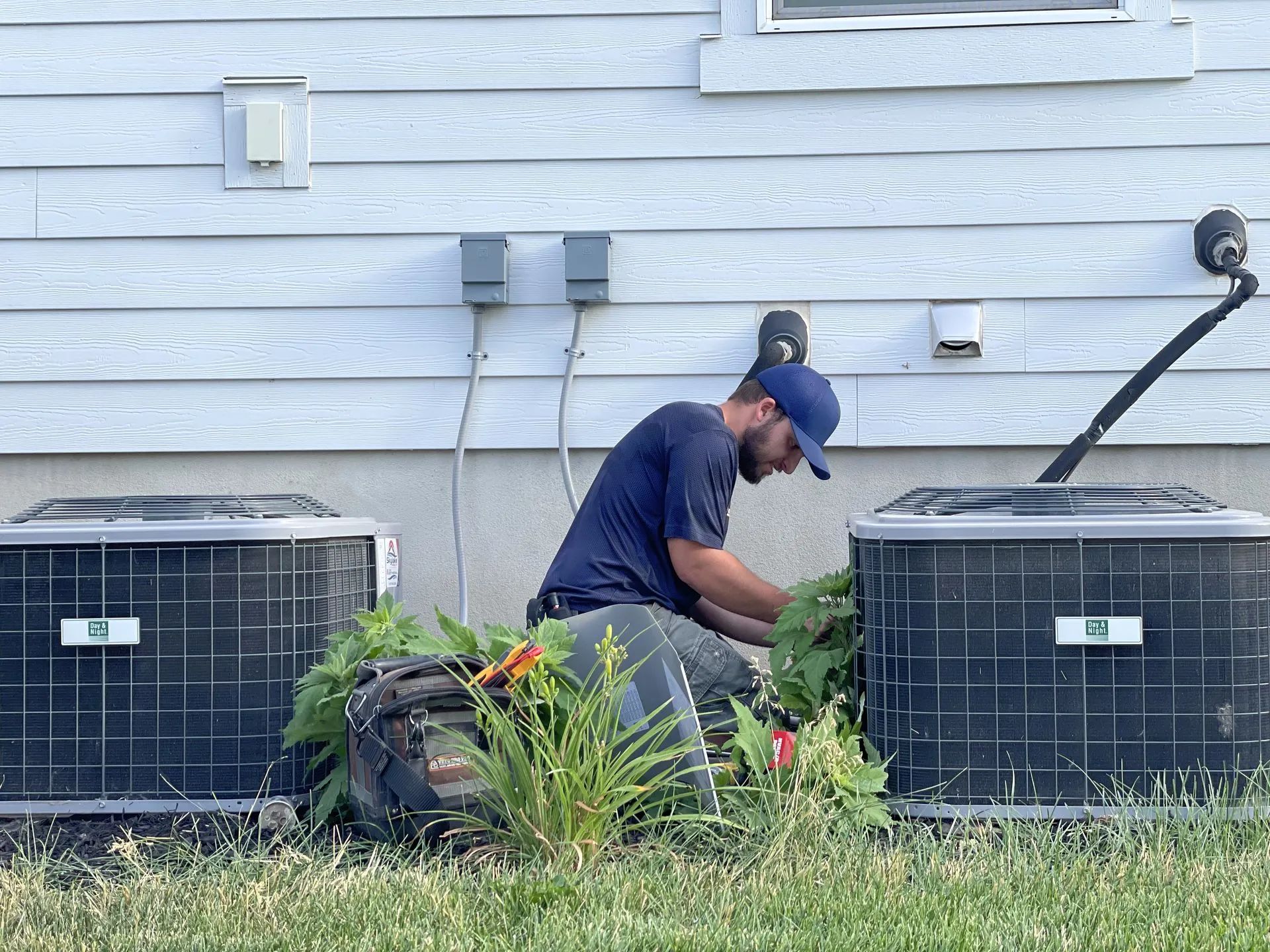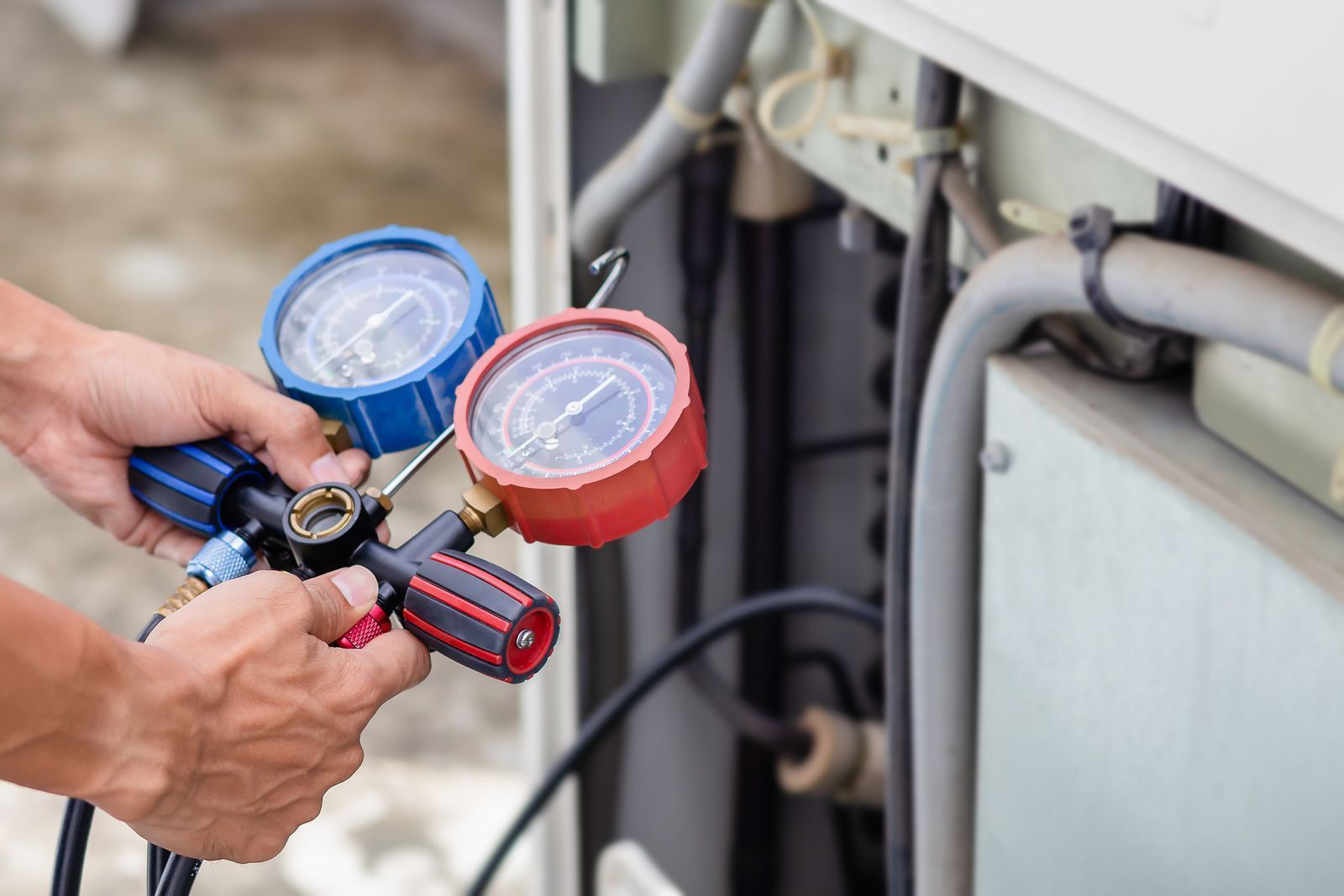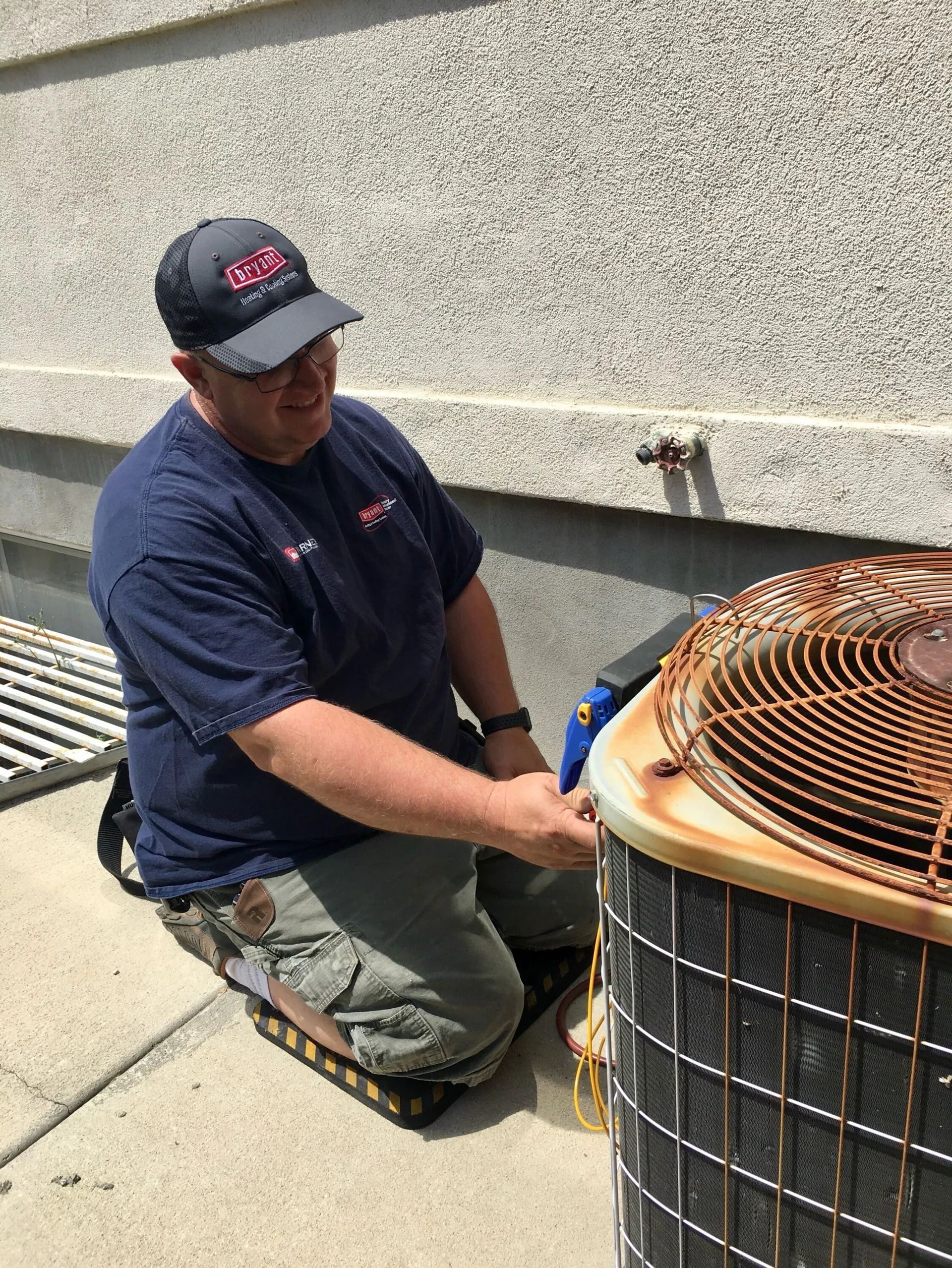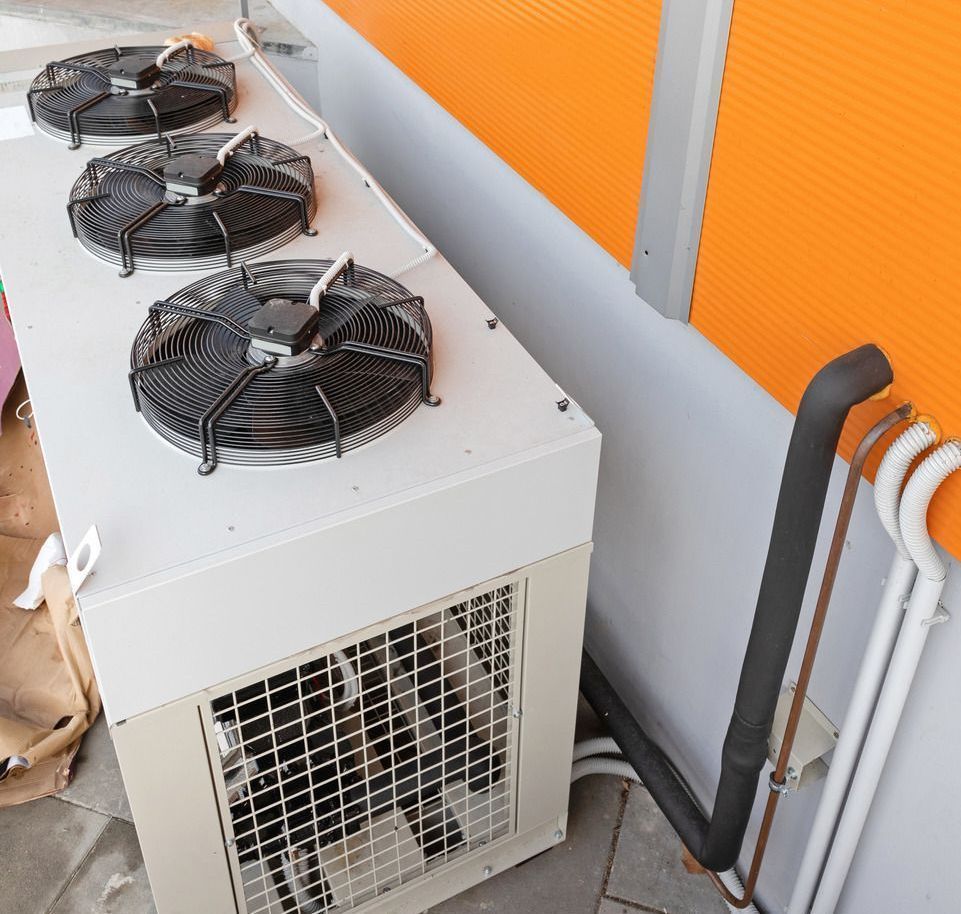Emergency HVAC Repairs: What to Do When Your System Fails
November 1, 2025

A sudden HVAC system failure can be stressful, especially during extreme temperatures. Whether it’s the peak of summer or the dead of winter, a malfunctioning heating or cooling system can disrupt your comfort and even pose health risks. Knowing what steps to take when your HVAC system breaks down can help you restore functionality quickly while minimizing damage and repair costs.
Before calling for emergency repairs, it’s important to troubleshoot common issues, assess potential risks, and take temporary measures to maintain indoor comfort. Acting swiftly and strategically can prevent further damage and ensure your system gets the professional attention it needs.
Steps to Take When Your HVAC System Fails
1. Check the Thermostat and Power Supply
Before assuming your HVAC system has completely failed, check the thermostat settings. Ensure it’s set to the correct mode—cooling for summer or heating for winter—and that the temperature is adjusted properly. If the thermostat is battery-operated, replacing the batteries may resolve the issue.
Next, inspect the power supply. A tripped circuit breaker or blown fuse could be the culprit. Resetting the breaker or replacing the fuse might restore power to your HVAC system. If the problem persists, further troubleshooting is needed.
2. Inspect Air Filters and Vents
Clogged air filters can restrict airflow, causing your system to work harder and eventually shut down. If your HVAC unit is running but not heating or cooling effectively, replace the air filter and check for blockages in the vents. Ensuring proper airflow can sometimes resolve minor performance issues without requiring professional repair.
3. Listen for Unusual Noises or Smells
Strange noises, such as banging, grinding, or hissing sounds, could indicate a serious issue with your HVAC system. Likewise, unusual odors—such as burning smells or a musty scent—may signal electrical problems or mold growth. If you notice these warning signs, turn off the system and seek professional assistance immediately.
4. Look for Leaks or Ice Buildup
Water leaks around your HVAC unit could mean a clogged condensate drain or a refrigerant issue. Similarly, if you notice ice forming on the evaporator coils or refrigerant lines, your system may be struggling due to low refrigerant levels or poor airflow. In either case, continuing to run the system can cause further damage, so it’s best to shut it down and call for repairs.
5. Avoid DIY Fixes for Major Issues
While basic troubleshooting can help identify minor issues, attempting DIY repairs on major HVAC components can be dangerous and may void warranties. Refrigerant handling, electrical repairs, and internal component replacements should always be left to licensed HVAC technicians.
6. Call for Emergency HVAC Repair Services
If your HVAC system isn’t responding to basic troubleshooting or if you suspect a serious issue, contact a professional HVAC technician. Emergency repair services restore your system quickly, preventing further damage and maintaining indoor comfort.
When your heating or cooling system breaks down, fast and professional repairs are essential. At Warner Heating & Air Conditioning
in Riverton, UT, we bring 35
years of experience in diagnosing and fixing HVAC emergencies. Our team is available to restore your system’s functionality and keep your home comfortable. Contact us today for reliable emergency HVAC services.





